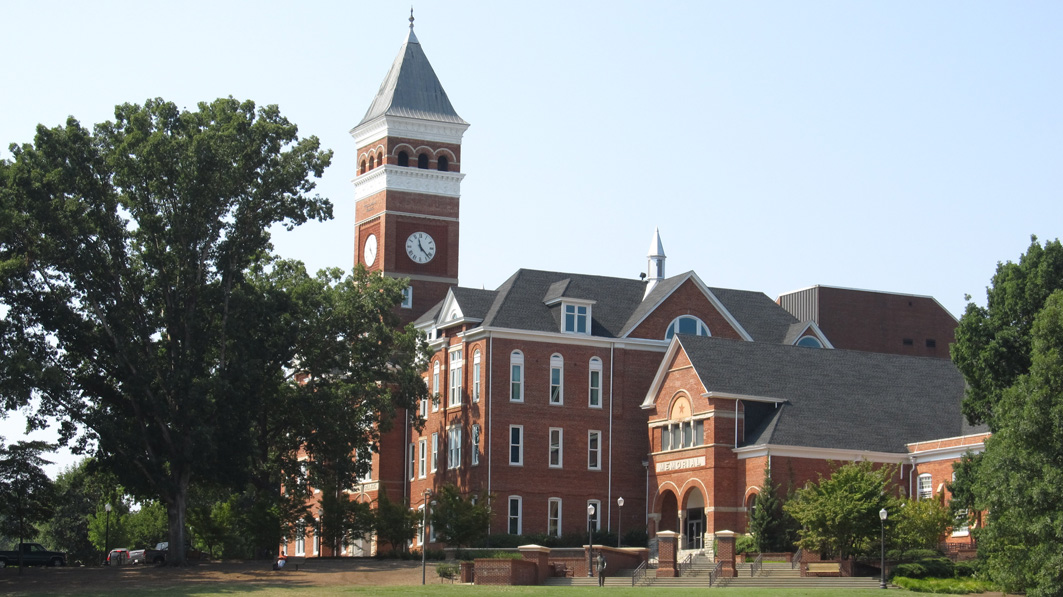How important is it for citizens to understand the nation’s history, including our founding documents? South Carolina thinks it is critically important, and has a new bill that requires higher educational institutions to teach a course on the subject.
If you’ve ever watched one of comedian Jay Leno’s hilarious “man-on-the-street” interviews that test Americans on their knowledge of our government and our history, you’ve probably laughed and cringed at what the average citizen doesn’t know.
But it’s no laughing matter when it comes to participating in the responsibilities of self-government. From the purpose of government set forth in the Declaration of Independence (“…to secure these rights, governments are instituted among men…”), to the intricate system of checks and balances laid out in great detail in the U.S. Constitution, to the shorthand explanation from President Lincoln’s Gettysburg Address of a “…government of the people, by the people, for the people…” the principles of how and why Americans should govern themselves has been in our national DNA from the beginning.
However, to govern ourselves requires a basic knowledge of how government works, so the question becomes: “How do we educate ourselves?” South Carolina’s attempt to do something about that is known as the “Reinforcing College Education on America’s Constitutional Heritage Act,” aka The REACH Act, S. 35, which requires the state’s public high schools and universities to teach a course that includes the Constitution, the Declaration of Independence, the Federalist Papers, and the Emancipation Proclamation. In fact, the new bill updates a 95-year-old existing law on this subject, which shows that the Palmetto State has been serious about this issue for a long time.
The bill, which is still winding its way through the legislature, sends a message, according to Joshua Putnam. He’s the President of the Palmetto Family Council in South Carolina, a state policy affiliate of Focus on the Family. I spoke with him about this new bill.
“The message is that we believe that teaching our foundational principles as a nation is important,” Putnam stated. “It’s important for any civilization to know their history, their heritage, and where they came from—what made the country great.”
If Putnam is correct, then the need for sauch teaching is critical, as studies show an alarming lack of knowledge by Americans about the government the Founders gave us. According to one 2016 survey, only a quarter of Americans can name all three branches of government, and nearly a third cannot name any.
There’s a problem with that lack of knowledge. It is being exploited by those who have a different vision for government than the Founders.
“You have this movement within the ‘progressive’ part of our country to bury any type of history of our country,” Putnam observed. “Our history runs in contradiction to what they’re trying to do, and their view of what government should be; that it should provide everything for its people.”
“Our Founding Fathers were believers in limited government—limited in power and reach and the services it provides for citizens. Such a system necessarily relies on the faith community to fill the gaps, such as taking care of the poor, orphans and widows.”
There is also the need for a biblical worldview upon which to base our nation’s laws. “The Founding Fathers knew that it was important to have that moral compass—that our type of government does not work without it,” Putnam said.
Somehow we’ve lost that connection. Putnam suggests a reason for that: “We don’t teach the biblical principles and the world view that helped shape this country and made it so unique, so different than any other country in the history of the world. There’s an absence of teaching on how important the Christian faith played in the formation of this country, and we’ve kind of gotten away from that.”
That’s why South Carolina’s efforts are so necessary.






